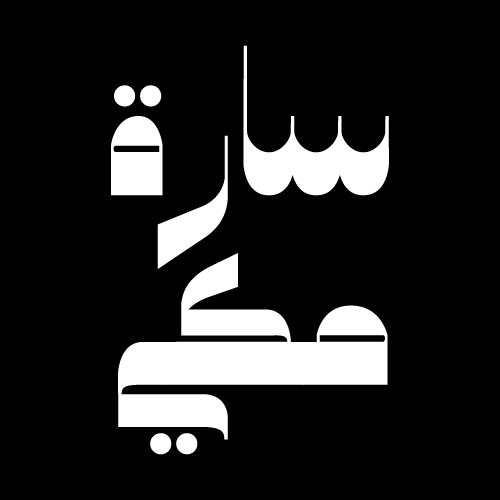
In our interconnected world, where borders blur and cultures collide, effective communication across languages is more crucial than ever. Language acts as a bridge, connecting people, ideas, and experiences across diverse cultural landscapes. As a professional translator, Sarah Maki understands the significance of accurate translation in facilitating this exchange. In this article, we’ll explore the importance of accurate Arabic, German, and English translations as cultural conduits, fostering understanding, and bridging gaps between languages and cultures.
Preserving Cultural Nuances: Languages are deeply intertwined with culture, reflecting the values, traditions, and history of a particular community. Accurate translation preserves these cultural nuances, ensuring that the richness and depth of the original text are retained. Whether translating a literary work, a legal document, or a marketing message, it’s essential to convey not only the words but also the cultural context behind them. This requires a deep understanding of both the source and target cultures, as well as the ability to navigate linguistic and cultural differences with sensitivity and precision.
Facilitating Cross-Cultural Communication: Effective translation serves as a catalyst for cross-cultural communication, breaking down barriers and fostering mutual understanding between people from different linguistic backgrounds. By accurately conveying ideas and messages across languages, translators like Sarah Maki help bridge the gap between cultures, promoting empathy, respect, and collaboration. Whether facilitating international business transactions, facilitating diplomatic negotiations, or connecting readers with foreign literature, accurate translation plays a vital role in building bridges and forging connections in our globalized world.
Ensuring Clarity and Accessibility: In addition to preserving cultural nuances, accurate translation also ensures clarity and accessibility for the target audience. Translators must not only convey the meaning of the original text accurately but also adapt it to suit the linguistic and cultural preferences of the target audience. This may involve simplifying complex concepts, clarifying ambiguous terms, or localizing content to reflect cultural norms and preferences. By making information accessible to a wider audience, accurate translation helps democratize knowledge and promote inclusivity in our diverse society.
Navigating Linguistic Challenges: Translating between languages, especially those as diverse as Arabic, German, and English, presents unique linguistic challenges. Each language has its own grammar rules, syntax, and idiomatic expressions, making accurate translation a complex and nuanced process. Translators must navigate these linguistic differences with skill and precision, drawing on their linguistic expertise and cultural knowledge to produce translations that are faithful to the original text while resonating with the target audience. This requires not only fluency in multiple languages but also a deep understanding of the cultural and historical contexts in which they are used.
The Role of Professionalism and Expertise: In an era of globalization and digital connectivity, the demand for professional translation services has never been higher. Professional translators like Sarah Maki play a vital role in ensuring accurate and culturally sensitive translations that meet the needs of diverse clients and audiences. With their linguistic proficiency, cultural competence, and attention to detail, professional translators uphold the highest standards of accuracy and professionalism in their work, helping clients navigate the complexities of multilingual communication with confidence and ease.
In conclusion, accurate Arabic, German, and English translations serve as cultural conduits, facilitating understanding, and fostering connections between languages and cultures. Professional translators like Sarah Maki play a crucial role in preserving cultural nuances, promoting cross-cultural communication, and ensuring clarity and accessibility for diverse audiences. As we continue to navigate the complexities of our globalized world, let us recognize the invaluable contributions of translators in bridging divides and building bridges between cultures.
